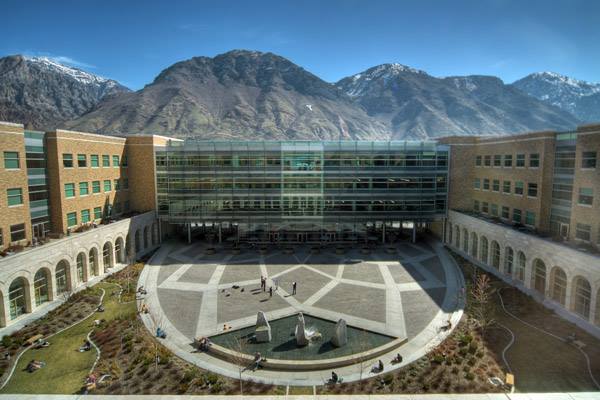
Continuing from the immediately previous blog entry:
6. The announcement of the revision of the Honor Code was not well handled. It left many people in a state of perplexity and uncertainty.
7. It’s understandable that some concluded that public expressions of same-sex attraction would now be welcomed on the BYU campus.
8. Those drawing that conclusion should not have been surprised to see a “correction” from the Church and the University.
9. The fundamental problem is that Church and University leaders want to be charitable and kind but, at the same time, do not feel authorized to rescind or overturn the teaching of the Church that full sexual expression can only properly occur within a heterosexual marriage. It’s an expression of the perennial conflict between truth and justice, on the one hand, and mercy, on the other. The trouble is that it’s a terribly difficult line to walk.
10. Church and University leaders are not motivated by “hate.” It is inflammatory and unjust to accuse them of such.
11. Nobody should be surprised that Brigham Young University is not neutral on, or indifferent to, the sexual behavior of its students and faculty. While other schools pay no attention to that dimension of life, BYU does and always has. Expecting it to change in that regard is unrealistic. Sexuality — e.g., family — is at the heart of Latter-day Saint lives and lifestyle.
12. BYU has always demanded chastity outside of heterosexual marriage from both its faculty and its students. That did not change with the recent alteration of the Honor Code.
13. Dating and romantic kissing and such things tend to lead to fuller sexual expression, whether married or heterosexual or not. It would be unrealistic on BYU’s part to pretend otherwise, or to affect the belief that such acts are completely without significance or likely outcome.
14. There was a time at BYU when even heterosexual displays of public affection (PDAs, as they were called) were frowned upon. This was not unendurable.
15. Church and University leaders recognize that people who are romantically attracted to others of the same sex have a hard row to hoe within the Church community and are trying to be as supportive as they can be without compromising what they believe to be revealed standards and expectations of behavior that they cannot change.
16. Will we lose some, especially perhaps among the young, because the Church cannot change? Likely yes. And this is a matter of pain, not of indifference. But our freedom to maneuver is limited. And we cannot maintain the Church by ceasing to be the Church.
Perhaps I’ll have more to say. Perhaps not.












